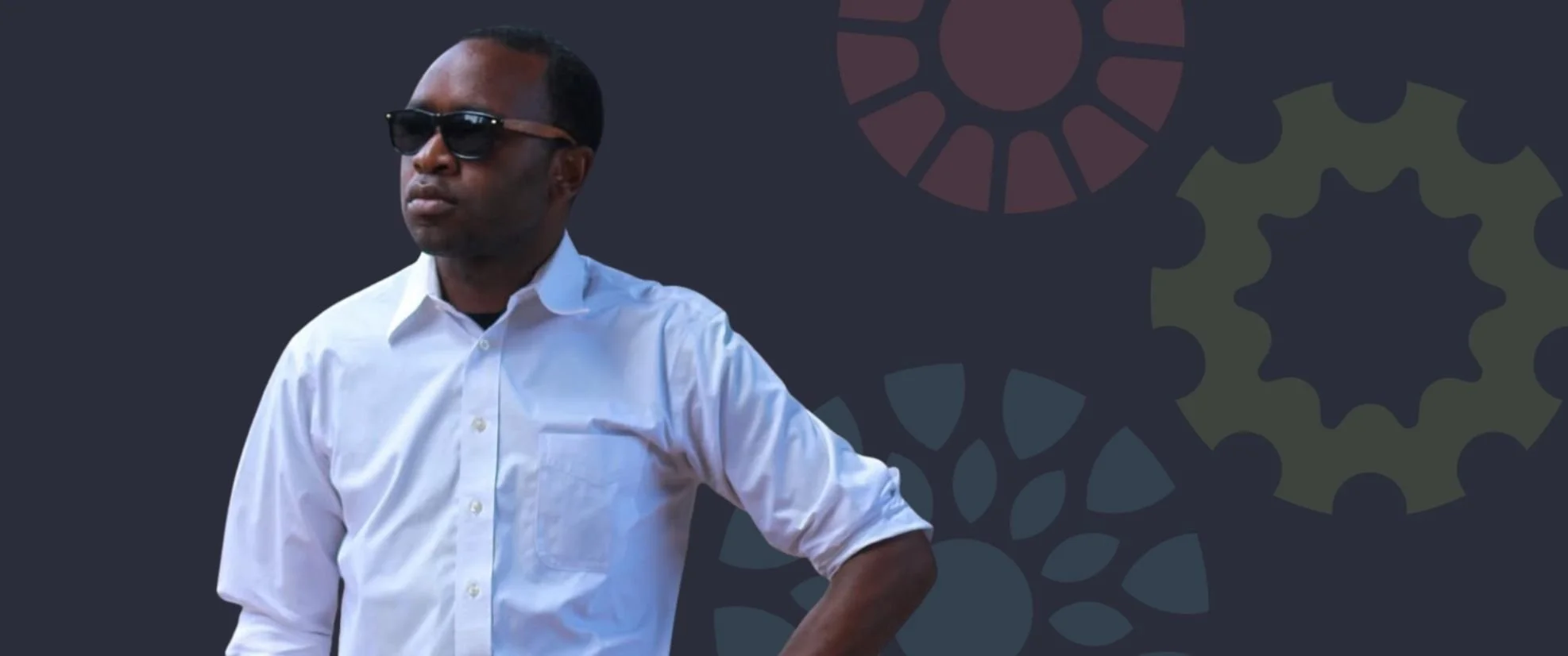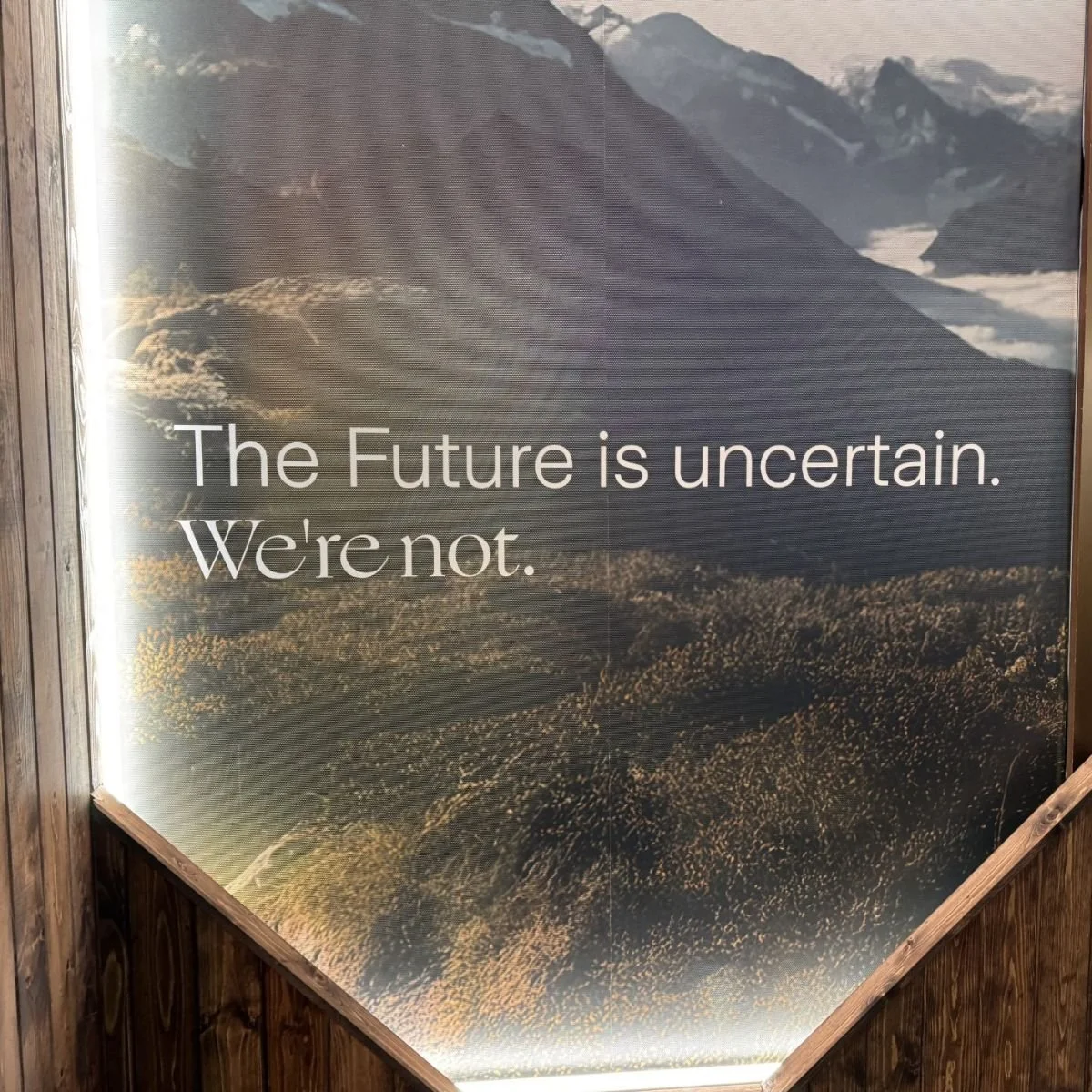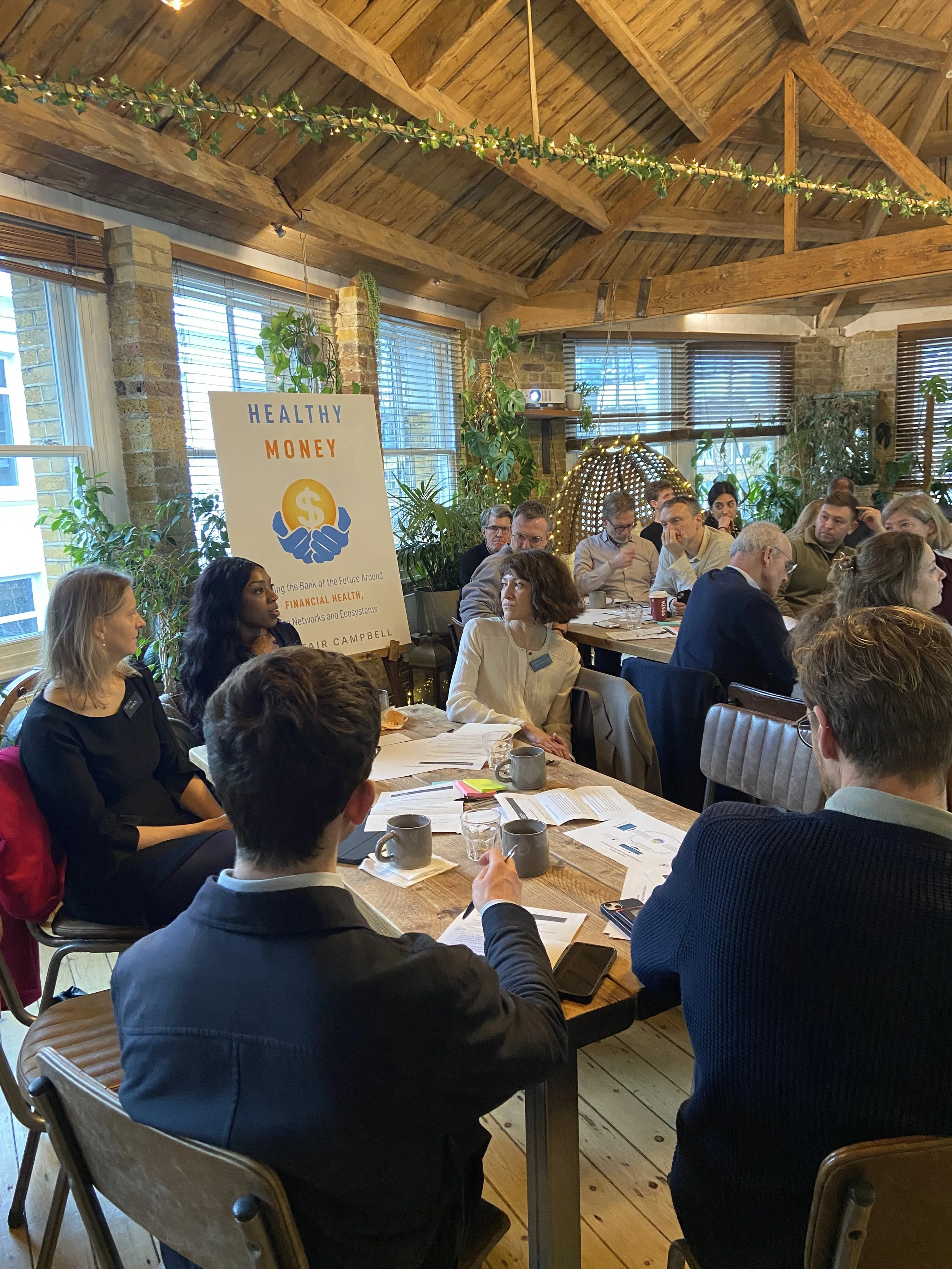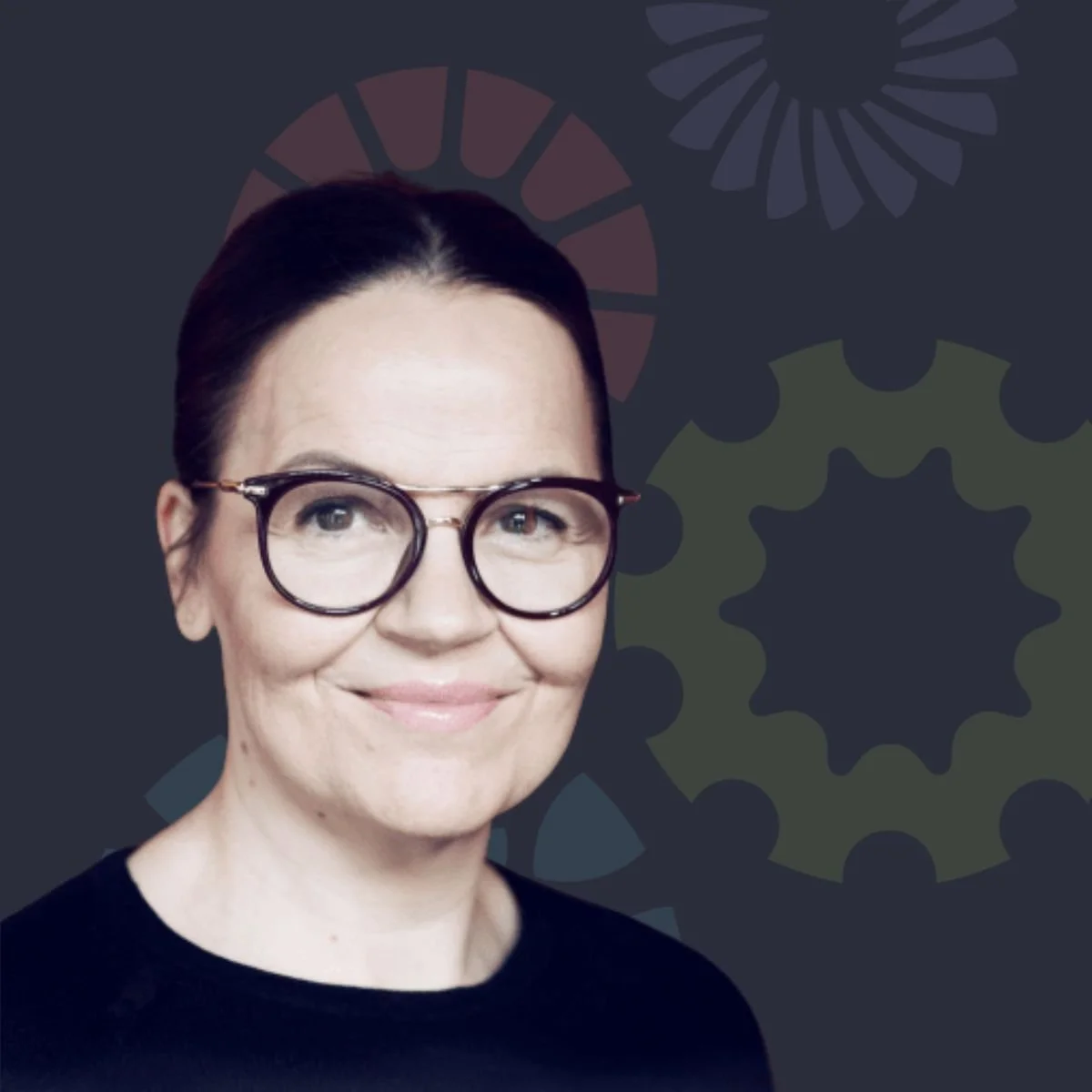From Bamenda to Hanoi: Creating Mutual Value in Healthcare Ecosystems
November 2025 | Economics of Mutuality Leaders Stories
A Conversation with Jacob Fohtung
Jacob Fohtung grew up in a healthcare household in Bamenda, Cameroon, surrounded by physicians and pharmacists. That early environment raised a question that has guided his career: Who does the system truly serve, and who is excluded?
During his studies, a research role at Harvard University introduced him to systems thinking - understanding how policies, institutions, and behaviours interact to shape outcomes. “You can have a great doctor,” he recalls, “but if the healthcare system cannot serve a large, underserved population, that becomes a major challenge.”
Jacob encountered the Economics of Mutuality (EoM) for the first time at a 2019 event boot camp in Hanoi, Vietnam, and later through the Leading With Purpose course in 2022. One lesson remained constant: “Our course leader always brought us back to the core question: What is the purpose of business?”
Moral Ambition
Jacob sees the Economics of Mutuality as a framework grounded in ethics. “EoM’s global moral ambition is simple: business should create value with people, not just from them. When you embed that early through purpose, stakeholder value, and non-financial capitals, you build healthier economies.”
For him, mutual value creation acts as an adaptable foundation. “EoM adjusts to context,” he says. “The discipline stays consistent while the design adapts for Hanoi, Kampala, or Lagos.”
Uganda: Incubating Mutuality Through CamTech
Jacob’s work with CamTech Uganda, an incubator affiliated with Massachusetts General Hospital, demonstrates how the Economics of Mutuality can inform early-stage innovation. The program trains postgraduates and early-stage founders to develop healthcare solutions across East Africa, helping them think beyond product design to how value is created and shared.
“We introduced the Economics of Mutuality approach through problem-solving programs focused on scaling designed solutions,” he explains. One example was Prism, a maternal health app that has since expanded across several African countries through local partnerships.
His contribution blended finance and systems thinking. “We started with funding, but the real question was, Who benefits when you grow? How do you measure that, and what incentives hard-wire mutuality?”
Jacob applied these principles in how he advised founders and structured recommendations for the incubator. “Small shifts such as listening loops with first-time and low-income users, practical incentives for partners, and clear purpose move the center of gravity. Founders still pursue growth, but the model grows with its users.”
Applying Mutuality in Vietnam
Now based in Hanoi, Vietnam, Jacob is exploring how Economics of Mutuality can inform emerging business models in his context, such as franchising. “Franchising is still relatively new here,” he explains. “The challenge is to ensure that small business owners joining a franchise become genuine partners — not only in revenue, but also in environmental standards, employee wellbeing, and community benefit.”
Mutuality, he says, offers a practical lens. “By designing governance, incentives, and metrics with that in mind, we can democratize value creation.” Jacob is now working to apply the Economics of Mutuality approach to these models to foster more inclusive economic growth.
Bridging Research and Operations
Jacob views the Economics of Mutuality as a bridge between responsible business theory and practical application. “It gives us a foundation for rethinking how business models expand into new economies,” he says.
The implications are clear. “If companies enter these markets with extractive models, they deepen existing inequalities,” he cautions. “But when growth is grounded in mutuality, it drives both scale and shared prosperity.”
From Course to Cadence
Reflecting on the Leading With Purpose program, Jacob says, “It turned values into actionable choices - purpose first, then stakeholder mapping, followed by incentives and measurement. The structure guides you, and the flexibility fits any context.”
His learning experience reshaped how he thinks about growth itself. “In too many markets, GDP is concentrated among a small segment, and that is risky,” he says. “A thriving middle class is what sustains healthy economies. The frameworks we adopt in the next decade will determine whether prosperity is shared or exclusive.”
Are you a leader with a deep conviction that business should be a force for good? Our Leading With Purpose executive education program could for you.
Delivered online over 9-weeks, the course is grounded in the practical Economics of Mutuality operating model, which has been developed with leading companies and universities including Mars and Oxford University’s Saïd Business School.
Since its inception, it has helped over 500 senior business leaders and investors integrate social and environmental impact into their core business strategy.
New program dates will be released soon. If you are interested in finding out more, please contact our team at hello@eom.org.




